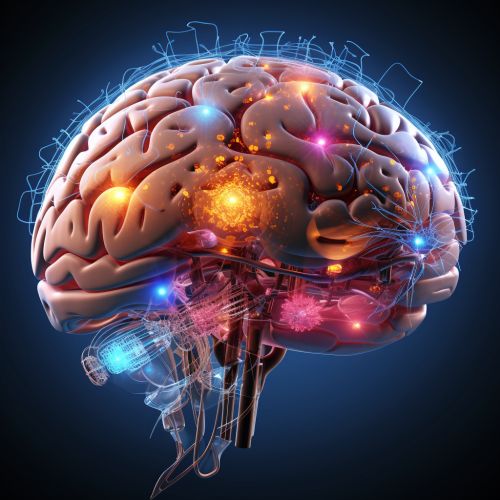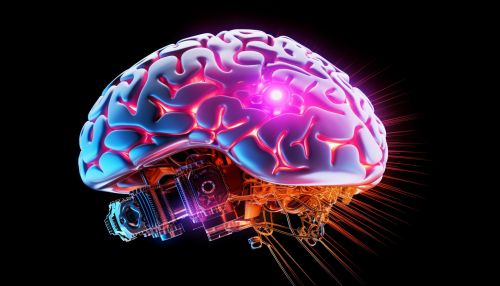Cognitive Mechanisms of Cognitive and Spatial Skills
Cognitive Mechanisms
Cognitive mechanisms are the processes that the brain uses to gather, process, and respond to information. These mechanisms include perception, attention, memory, and problem solving. These mechanisms are essential for our ability to interact with the world around us and to make sense of the information we encounter.


Cognitive Skills
Cognitive skills are the mental capabilities that a person needs to carry out any task from the simplest to the most complex. These skills include things like the ability to learn new things, reasoning, remembering, problem-solving, decision making, and attention. Cognitive skills are used in every aspect of our lives, from performing our jobs to interacting with others.
Spatial Skills
Spatial skills, also known as spatial abilities, are the cognitive skills that allow a person to understand and remember the spatial relations among objects. These skills are used in many everyday tasks, such as navigating through a city, understanding maps, and arranging furniture in a room. Spatial skills are also crucial in many fields, including architecture, engineering, and the natural sciences.
Cognitive Mechanisms of Cognitive Skills
Cognitive skills are underpinned by a variety of cognitive mechanisms. For example, attention is a cognitive mechanism that allows us to focus our cognitive resources on a particular task or piece of information. This is crucial for many cognitive skills, such as learning and problem-solving. Similarly, memory is a cognitive mechanism that allows us to store and retrieve information. This is essential for cognitive skills such as reasoning and decision making.
Cognitive Mechanisms of Spatial Skills
Spatial skills are also underpinned by a variety of cognitive mechanisms. For example, spatial perception is a cognitive mechanism that allows us to understand the spatial relationships among objects. This is crucial for many spatial skills, such as navigating and understanding maps. Similarly, spatial memory is a cognitive mechanism that allows us to remember the locations of objects. This is essential for spatial skills such as arranging furniture in a room.
Interplay between Cognitive and Spatial Skills
Cognitive and spatial skills often interact in complex ways. For example, problem-solving often requires both cognitive and spatial skills. A person might need to use their cognitive skills to understand a problem and their spatial skills to visualize potential solutions. Similarly, learning often involves both cognitive and spatial skills. A person might need to use their cognitive skills to understand new information and their spatial skills to organize that information in a meaningful way.
Conclusion
In conclusion, cognitive mechanisms are the processes that underpin our cognitive and spatial skills. These mechanisms, which include perception, attention, memory, and problem-solving, are crucial for our ability to interact with the world around us and to perform a wide range of tasks. Understanding these mechanisms can help us to improve our cognitive and spatial skills and to better understand how we think and learn.
